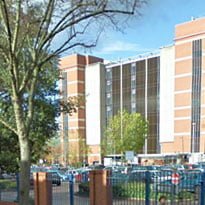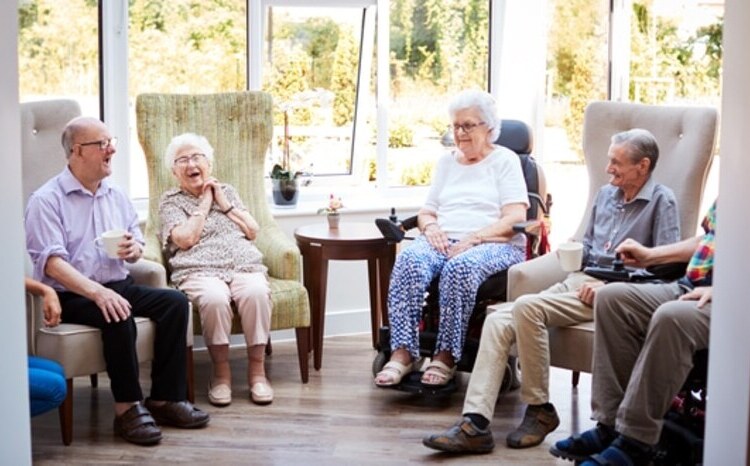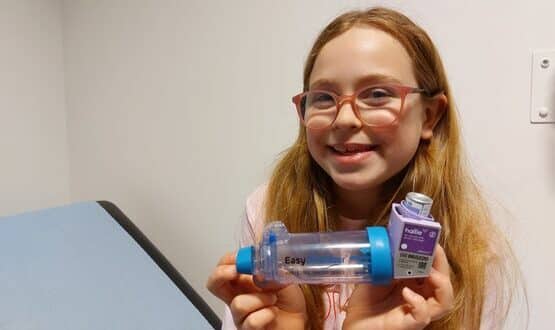Nervecentre runs Leicester at night
- 14 March 2013

University Hospitals of Leicester NHS Trust has adopted the Nervecentre Hospital at Night solution developed in neighbouring Nottingham.
The system will replace the trusts’ traditional paper and ‘bleep’ based system of passing on urgent tasks out of hours.
Nervecentre enables a nurse co-ordinator to allocate tasks to a multidisciplinary team, by determining who is best able to respond to a call from a ward, and sending information to the relevant member of staff via a smart mobile device.
Staff receive more information about the problem to which they are being sent, while the trust gains a record of the activity they perform, supporting audit and quality improvement.
Caroline Barclay, Leicester’s Hospital 24/7 project manager, said: “The pager or bleep provides no visibility to allow us to direct our staff towards priorities.
“There is no real-time information to establish what individuals are doing at any given time, and no way for the clinician to use their judgment of the urgency of the request.
“We have trialled a number of Hospital at Night solutions to improve the way in which all non-urgent ward patient related tasks are optimally managed.
“But until we came across Nervecentre had not come across anything that was as simple to use, and would put the right information directly in the hands of the right clinician.”
Nervecentre was developed at Nottingham University Hospitals NHS Trust, which was already a pioneer in finding new ways of running the hospital at night, in response to pressures such as the European Working Time Directive, which reduced the number of junior doctors available to cover shifts 24 hours a day.
Nottingham won a number of awards for its work, which has also been cited by the European Union as an example of how wireless technologies can improve efficiency and quality in healthcare.
The company is now run by a Paul Volkaerts, who worked at Cisco, whose network supported the work at Nottingham, and Debbie Guy, the senior nurse who led on the project. In addition to its Hospital at Night product, it also offers electronic handover, observations, and discharge solutions.
Leicester is one of the largest trusts in the country. It’s out of hours care is also organised around a senior nurse, who triages tasks and assigns them to members of the 24/7 team.
Using the Nervecentre software, tasks are now logged on a ward-based desktop PC, and then sent wirelessly to the co-ordinator, who carries an iPhone, iPad, or other smart tablet.
The co-ordinator assigns tasks to members of the team who carry smart phones. They add the job to their task list, where it can be prioritised, and where it remains active until it is logged as completed.
Volkaerts said the Leicester project had been smooth. “In two months, we have deployed our technology on to the trusts’ wireless network and mobile devices, trained their clinical staff, and delivered a service that is truly transformational to patients and staff.”




